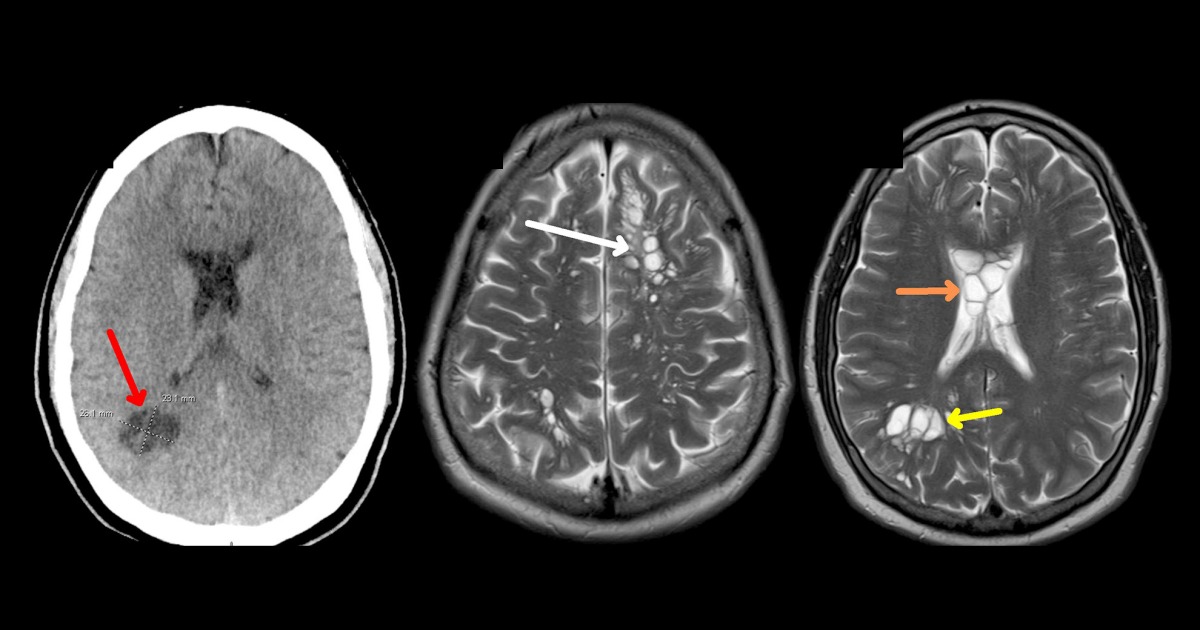This is what we know about the brain-eating amoeba (2019) 1:03
(CNN) --
A beach in Iowa has been closed after a rare life-threatening brain infection, known colloquially as a brain-eating amoeba, was confirmed in a visitor who recently went swimming there.
The beach at Lake of Three Fires State Park in Taylor County will be temporarily closed to swimmers, the Iowa Department of Public Health said Friday.
5 things you should know about the brain-eating amoeba
"The closure is a precautionary response to a confirmed Naegleria fowleri infection in a Missouri resident with recent potential exposure while swimming at the beach," according to a statement from the health department.
Naegleria fowleri is a "free-living, single-celled microscopic amoeba that can cause a rare life-threatening infection of the brain called primary amoebic meningoencephalitis (PAM)," the agency said.
"PAM is extremely rare. Since 1962, only 154 known cases have been identified in the United States," the statement said.
Naegleria fowleri is commonly found in soil and warm fresh water such as lakes, rivers and hot springs, according to the US Centers for Disease Control and Prevention (CDC).
It can also be found in pools with low maintenance or without chlorine.
advertising
Infections caused by Naegleria fowleri can occur when water containing the amoeba enters the body through a person's nose, then travels to the brain where it destroys brain tissue, the health department said.
The infection is not contagious and cannot be caused by swallowing contaminated water.
The health department is working with the CDC to test the lake water to "confirm the presence of Naegleria fowleri," which will take several days, according to the statement.
No additional suspected cases are being investigated in Missouri or Iowa, the agency said.
Although rare, PAM is "devastating" and "generally fatal," according to the CDC.
"Among the well-documented cases, there are only five known survivors in North America," the CDC said.
In September 2021, a boy in North Texas died after contracting the rare brain-eating amoeba at a city water park.
In 2020, a 6-year-old boy in Lake Jackson, Texas, died after exposure to amoeba found in the water of the fountain where he had played.
A 10-year-old Texas girl died in 2019 after battling the brain-eating amoeba for more than a week.
Symptoms start with severe headaches, fever, nausea and vomiting before escalating to seizures, hallucinations and coma, according to the CDC.
About five days after infection, the initial symptoms of primary amoebic meningoencephalitis begin to appear, according to the CDC.
The disease progresses rapidly and usually causes death within one to 18 days after symptoms begin.
To reduce the risk of infection, the health department advises swimmers to limit the amount of water going up the nose by keeping the nose closed or using nose clips, keeping the head out of the water, and avoiding being in the water when temperatures they are very tall.
brain-eating amoeba








